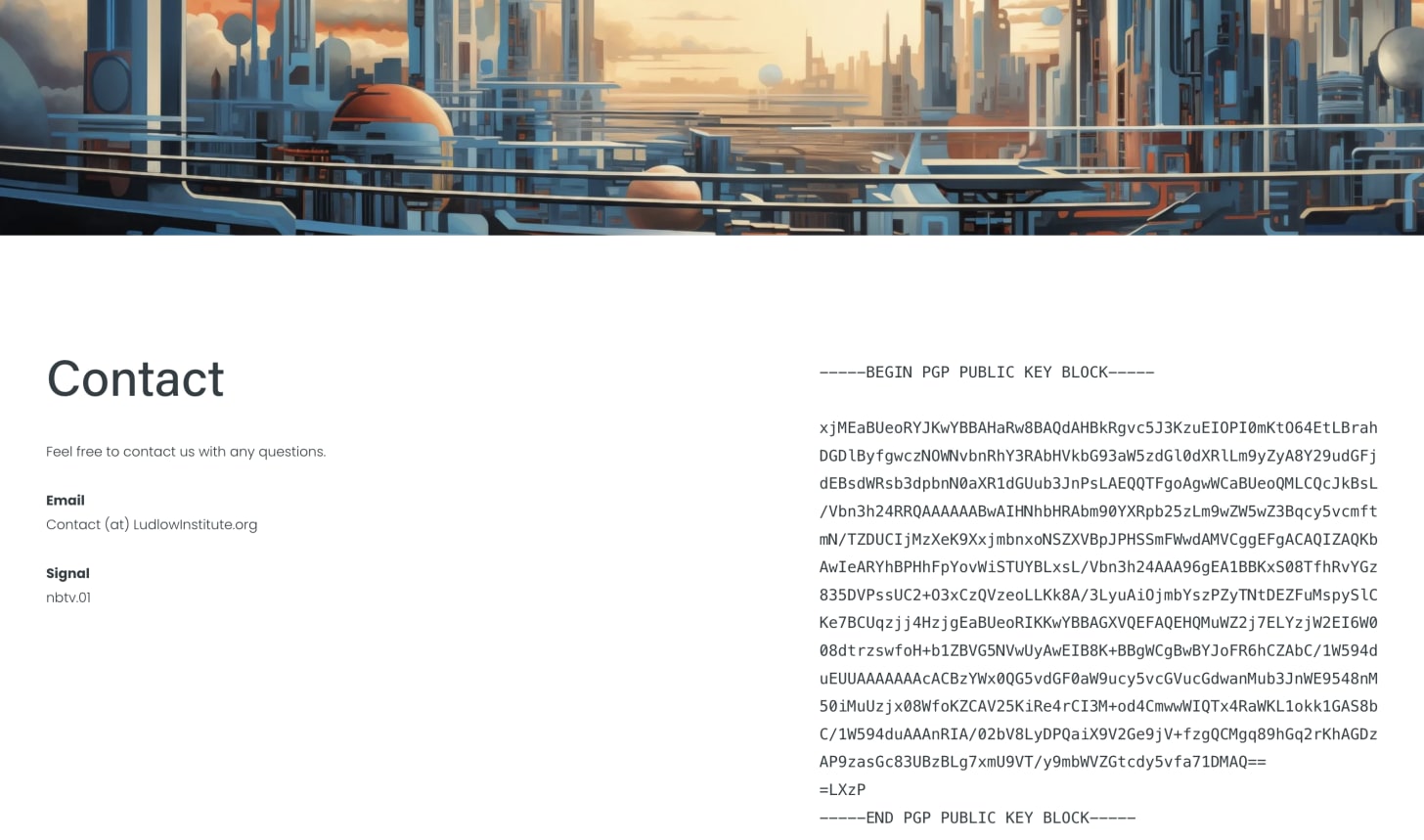The tech giant has shut down the Israeli military's access to cloud services and AI tools following revelations about a secret spy project that collected millions of phone calls from Palestinian civilians.
Microsoft has shut down the Israeli military's access to technology that was used to power an extensive surveillance system that collected millions of Palestinian civilian phone calls daily from Gaza and the West Bank, The Guardian can reveal.
Microsoft informed Israeli officials last week that Unit 8200, the military's elite intelligence agency, had violated the company's terms of service by storing the enormous amount of surveillance data on its Azure cloud platform, according to sources with insight into the situation.
The decision to cut off Unit 8200's ability to use parts of the technology is a direct result of an investigation that The Guardian published last month. It revealed how Azure was used to store and process the enormous amount of Palestinian communications in a mass surveillance program.
Secret project after summit meeting
In a joint investigation with the Israeli-Palestinian publication +972 Magazine and the Hebrew-language newspaper Local Call, The Guardian revealed how Microsoft and Unit 8200 had worked together on a plan to move large volumes of sensitive intelligence material to Azure.
The project began after a 2021 meeting between Microsoft CEO Satya Nadella and the unit's then-commander Yossi Sariel.
In response to the investigation, Microsoft ordered an urgent external review to examine its relationship with Unit 8200. The initial results have now led to the company cutting off the unit's access to certain of its cloud storage and AI services.
Equipped with Azure's virtually unlimited storage capacity and computing power, Unit 8200 had built an indiscriminate new system that allowed its intelligence officers to collect, replay, and analyze the content of mobile calls from an entire population.
The project was so extensive that, according to sources from Unit 8200 – which is equivalent to the US National Security Agency – an internal motto emerged that captured its scope and ambition: "One million calls per hour."
According to several sources, the enormous archive of intercepted calls – amounting to as much as 8,000 terabytes of data – was held in a Microsoft data center in the Netherlands. Within days of The Guardian publishing the investigation, Unit 8200 appears to have quickly moved surveillance data out of the country.
Data moved to Amazon
According to sources with knowledge of the enormous data transfer out of the EU country, it occurred in early August. Intelligence sources said that Unit 8200 planned to transfer data to Amazon Web Services cloud platform. Neither the Israel Defense Forces (IDF) nor Amazon responded to a request for comment.
Microsoft's extraordinary decision to terminate the spy agency's access to key technology was taken amid pressure from employees and investors over its work for the Israeli military and the role its technology has played in the nearly two-year-long offensive in Gaza.
A UN commission of inquiry recently concluded that Israel had committed genocide in Gaza, an allegation denied by Israel but supported by many experts in international law.
The Guardian's joint investigation led to protests at Microsoft's US headquarters and one of its European data centers, as well as demands from a worker-led campaign group, No Azure for Apartheid, to end all ties to the Israeli military.
Clear message from Microsoft
On Thursday, Microsoft Vice Chairman and President Brad Smith informed staff about the decision. In an email that The Guardian has seen, he said the company had "terminated and deactivated a set of services to a unit within Israel's Ministry of Defense," including cloud storage and AI services.
Smith wrote: "We do not provide technology to facilitate mass surveillance of civilians. We have applied this principle in all countries around the world, and we have insisted on it repeatedly for more than two decades."
The decision brings an abrupt end to a three-year period during which the spy agency operated its surveillance program using Microsoft's technology.
Unit 8200 used its own extensive surveillance capabilities to intercept and collect the calls. The spy agency then used a customized and segregated area within the Azure platform, enabling data to be retained for longer periods and analyzed with AI-driven techniques.
Used for bombing targets in Gaza
Although the initial focus of the surveillance system was the West Bank, where an estimated 3 million Palestinians live under Israeli military occupation, intelligence sources said the cloud-based storage platform had been used in the Gaza offensive to facilitate the preparation of deadly airstrikes.
The revelations highlighted how Israel has relied on services and infrastructure from major US tech companies to support its bombardment of Gaza, which has killed more than 65,000 Palestinians, mostly civilians, and created a deep humanitarian crisis and famine catastrophe.
According to a document seen by The Guardian, a senior Microsoft executive told Israel's Ministry of Defense last week:
— While our review is ongoing, we have at this point identified evidence supporting parts of The Guardian's reporting.
The executive told Israeli officials that Microsoft "is not in the business of facilitating mass surveillance of civilians" and informed them that it would "deactivate" access to services supporting Unit 8200's surveillance project and shut down its use of certain AI products.
First time since the war began
The termination is the first known case of a US tech company withdrawing services provided to the Israeli military since the beginning of its war in Gaza.
The decision has not affected Microsoft's broader commercial relationship with the IDF, which is a long-standing client and will retain access to other services. The termination will raise questions within Israel about the policy of keeping sensitive military data in a third-party cloud operated abroad.
Last month's revelations about Unit 8200's use of Microsoft technology followed an earlier investigation by The Guardian and its partners about the broader relationship between the company and the Israeli military.
That story, published in January and based on leaked files, showed how the IDF's reliance on Azure and its AI systems increased dramatically in the most intensive phase of its Gaza campaign.
Following that report, Microsoft launched its first review of how the IDF uses its services. It said in May that it had "found no evidence to date" that the military had failed to comply with its terms of service, or used Azure and its AI technology "to target or harm people" in Gaza.
But The Guardian's investigation with +972 and Local Call published in August, which revealed that the cloud-based surveillance project had been used to investigate and identify bombing targets in Gaza, led to the company reassessing its conclusions.
The revelations caused alarm among senior Microsoft executives and raised concerns that some of its Israel-based employees may not have been fully transparent about their knowledge of how Unit 8200 used Azure when questioned as part of the review.
The company said its executives, including Nadella, were not aware that Unit 8200 planned to use, or ultimately used, Azure to store the content of intercepted Palestinian calls.
Microsoft then launched its second and more targeted review, which was overseen by lawyers at the US firm Covington & Burling. In his note to staff, Smith said the investigation did not have access to any customer data but its findings were based on a review of internal Microsoft documents, emails and messages between personnel.
— I want to note our appreciation for The Guardian's reporting, Smith wrote, noting that it had illuminated "information we could not access given our customer confidentiality commitments." He added: "Our review is ongoing."








